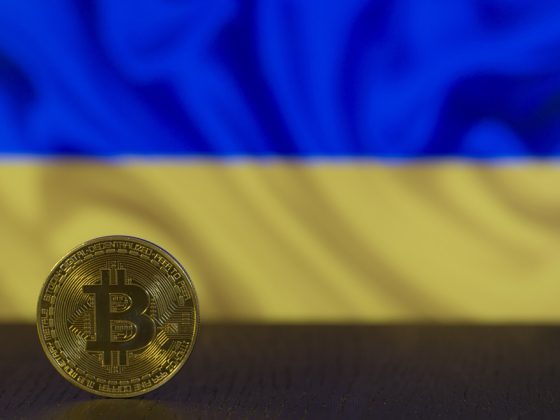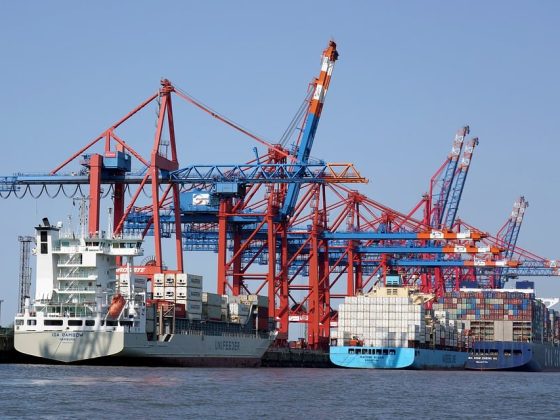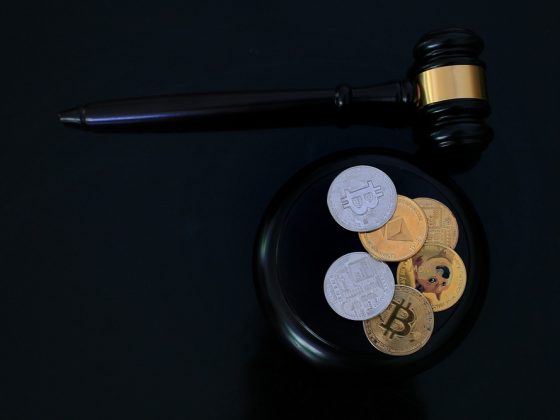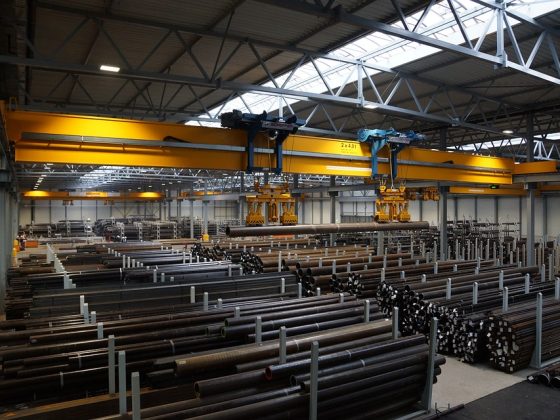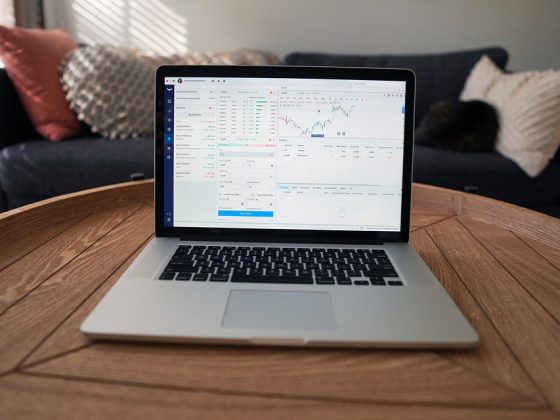Inflation is a term that most people have heard of, but many do not fully understand its impact on their daily lives. In simple terms, inflation refers to the increase in prices of goods and services over time. This means that the purchasing power of money decreases, leading to a decrease in the value of currency. Inflation can have a significant impact on consumers and businesses alike, influencing everything from the cost of living to the profitability of businesses.
One of the most immediate impacts of inflation is the increase in the cost of living. When prices rise, consumers need to spend more money to purchase the same goods and services. This can put a strain on household budgets, especially for low-income families who may already be struggling to make ends meet. Inflation can also erode the value of savings and investments, as the purchasing power of money decreases over time. This means that even if you are saving money, its value may be diminishing as prices rise.
Inflation can also impact businesses in various ways. One of the most significant impacts of inflation on businesses is the increase in the cost of production. As prices rise, businesses need to spend more money on raw materials, labor, and other inputs. This can lead to a decrease in profitability, as businesses may not be able to pass on these increased costs to consumers through higher prices. Inflation can also impact consumer demand, as rising prices may lead to a decrease in purchasing power and a decrease in consumer spending.
Another way in which inflation impacts businesses is through interest rates. Central banks often raise interest rates in response to inflation in order to control the money supply and prevent further price increases. Higher interest rates can make it more expensive for businesses to borrow money, which can impact investment and growth. Additionally, higher interest rates can also impact consumer spending, as borrowing money becomes more expensive for individuals as well.
Inflation can also have a significant impact on the economy as a whole. When prices rise, consumers and businesses may be less willing to spend money, leading to a decrease in consumption and investment. This can slow down economic growth and lead to a decrease in employment. Inflation can also impact international trade, as rising prices may make exports less competitive on the global market.
Overall, inflation is a complex phenomenon that can have wide-ranging impacts on consumers and businesses alike. It is important for individuals and businesses to understand the causes and consequences of inflation in order to make informed decisions about their finances and investments.
FAQs:
Q: What causes inflation?
A: Inflation can be caused by a variety of factors, including an increase in the money supply, rising production costs, and changes in consumer demand. Central banks may also play a role in controlling inflation through monetary policy.
Q: How does inflation affect the price of goods and services?
A: Inflation leads to an increase in the prices of goods and services over time. This means that consumers need to spend more money to purchase the same goods and services, leading to a decrease in the purchasing power of money.
Q: What can individuals do to protect themselves from the impacts of inflation?
A: Individuals can protect themselves from the impacts of inflation by investing in assets that tend to retain their value over time, such as real estate or precious metals. It is also important for individuals to monitor their expenses and adjust their budgets accordingly.
Q: How can businesses mitigate the impact of inflation?
A: Businesses can mitigate the impact of inflation by adjusting their pricing strategies, increasing efficiencies, and diversifying their product offerings. It is also important for businesses to monitor changes in the economy and adjust their business plans accordingly.




